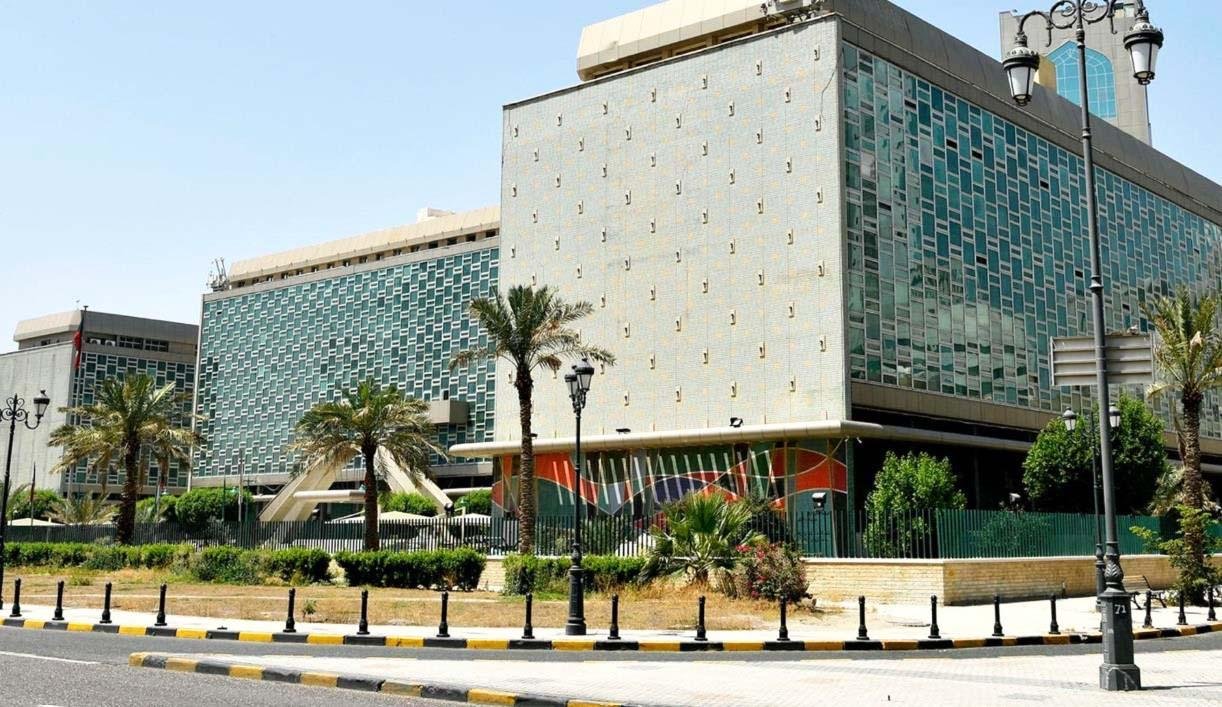The Kuwait Municipality has launched a new mobile application, “Baladia 139,” designed to streamline municipal services...
Introduction to Kuwait

Kuwait is a small yet strategically significant country located at the northeastern edge of the Arabian Peninsula, bordered by Iraq to the north and west, Saudi Arabia to the south, and the Arabian Gulf to the east. Despite its modest size—around 17,818 square kilometers Kuwait plays a crucial role in the regional and global economy due to its vast oil reserves, advanced infrastructure, and geopolitical importance.
Population and Demographics
As of 2025, Kuwait’s population is estimated to be around 4.5 million people. A unique demographic feature is that Kuwaiti nationals make up only about 30% of the total population, while the remaining 70% are expatriates from countries such as India, Egypt, the Philippines, Bangladesh, Pakistan, and other Arab and Asian nations. This diverse population has created a cosmopolitan society where different languages, cultures, and cuisines coexist.
Government and Political Structure
Kuwait is a constitutional emirate with a semi-democratic political system. The head of state is the Emir of Kuwait, who belongs to the ruling Al-Sabah family. The Kuwaiti National Assembly (Majlis Al-Umma) is a powerful legislative body elected by Kuwaiti citizens. This system allows for a relatively high degree of political participation compared to other Gulf Cooperation Council (GCC) countries.
The government is structured around:
Executive Headed by the Emir and the Council of Ministers.
Legislative: National Assembly with 50 elected members.
Judiciary: Independent and based on civil law with Islamic influences.
Economy and Business Environment
Kuwait has one of the highest GDP per capita in the world, thanks largely to its rich natural resources. The country’s economy is heavily dependent on oil, which accounts for more than 90% of export revenues and about 50% of GDP.
Key economic features:
Oil & Gas: Kuwait holds about 7% of the world’s proven oil reserves, mainly in the Burgan field.
Banking & Finance: A strong financial sector with institutions like the National Bank of Kuwait (NBK) and Kuwait Finance House (KFH).
Real Estate: Booming due to infrastructure development and expat housing demands.
Retail & E-commerce: Growing sectors with global and regional players entering the market.
The government is also pushing for economic diversification through the “New Kuwait Vision 2035”, focusing on education, tourism, healthcare, and technology.
Traditions and Culture
Kuwaiti society is deeply rooted in Islamic values and Arab traditions, but also embraces global modernity. Some key cultural aspects include:
Language: Arabic is the official language, but English is widely spoken.
Religion: Islam is the state religion, with Sunni and Shia populations. Mosques play a central role in daily life.
Dress: Traditional attire is worn by many. Kuwaiti men often wear the dishdasha, and women wear the abaya.
Cuisine: Kuwaiti food is a blend of Arabian, Persian, Indian, and Mediterranean influences. Dishes like machboos (spiced rice with meat) and mutabbaq samak (fish with rice) are national favorites.
Hospitality: Kuwaitis are known for their generosity and hospitality, often inviting guests for traditional coffee (qahwa) and dates.
Expat Life in Kuwait
Expatriates play a crucial role in Kuwait’s workforce, especially in healthcare, education, construction, and retail. The country offers tax-free income, quality housing, and access to international schools and hospitals. However, expats need residency permits and often live in separate communities from locals. Kuwait maintains a respectful but reserved social atmosphere, especially for non-citizens.
Tourism and Historical Attractions
Though not as tourism-driven as some neighboring countries, Kuwait offers a variety of attractions for visitors:
1. Kuwait Towers: Iconic structures symbolizing modern Kuwait, offering panoramic city views.
2. The Grand Mosque: A magnificent structure with Islamic architecture, open to tourists.
3. Tareq Rajab Museum: Showcases Islamic art, calligraphy, and Kuwaiti heritage.
4. Failaka Island: A historic island with archaeological ruins from the Hellenistic and Islamic periods.
5. Souq Al-Mubarakiya: A traditional market offering spices, perfumes, clothing, and handicrafts.
6. Al Shaheed Park: One of the largest urban parks in Kuwait, with museums, gardens, and open-air activities.
Desert safaris, dhow boat rides, and coastal getaways also attract regional tourists.
Shopping Malls and Modern Amenities
Kuwait is a shopping paradise, offering everything from luxury brands to traditional markets. Some of the most famous malls include:
The Avenues Mall: One of the largest malls in the Middle East, with hundreds of global and regional brands.
360 Mall: Known for its luxurious interiors and exclusive shops.
Marina Mall: Located near the seaside, with a beautiful promenade.
Souq Sharq: A waterfront mall blending shopping and leisure.
Malls are not just commercial centers; they serve as social hubs with cinemas, cafés, gyms, and kids' zones.
Oil and Natural Resources
Oil is the lifeblood of Kuwait’s economy. Discovered in the 1930s and commercialized in 1946, oil transformed the nation from a pearling and fishing society into a wealthy modern state. Today, Kuwait is:
A founding member of OPEC.
Home to the Kuwait Petroleum Corporation (KPC), which oversees exploration, production, refining, and export.
Exporting to countries like China, Japan, India, and the U.S.
In addition to oil, Kuwait has natural gas, though its production is limited compared to oil. The country is exploring renewable energy and alternative energy sources as part of its Vision 2035.
Education and Healthcare
Kuwait provides free public education to its citizens and has numerous private institutions for expatriates. Kuwait University and American University of Kuwait are prominent centers of higher education.
The healthcare system is modern, with well-equipped public hospitals like Mubarak Al-Kabeer Hospital and Amiri Hospital, alongside private facilities offering advanced medical care.
Transport and Infrastructure
Kuwait has a highly developed road network, and driving is the primary mode of transport. Public transport is limited but includes buses and taxis. Plans for a Kuwait Metro are under discussion to ease urban traffic.
The main gateway is Kuwait International Airport, which has undergone expansion and modernization to handle increasing passenger flow.
Future Outlook
Kuwait stands at a crossroads between tradition and progress. With a youthful population, rising digital transformation, and visionary leadership, the country is poised for growth beyond oil. Projects under the “New Kuwait Vision 2035” aim to develop a knowledge-based economy, attract foreign investment, and elevate the quality of life for all residents.
Conclusion
Kuwait is a fascinating blend of heritage and modernity, tradition and innovation. Whether you’re an investor, traveler, or expatriate, the country offers opportunities wrapped in a rich cultural fabric. From its world-class malls and business-friendly policies to its deep-rooted hospitality and historical treasures, Kuwait continues to play a vital role in the Gulf region and the global energy market.
- By Adoreve.Com





Share:




